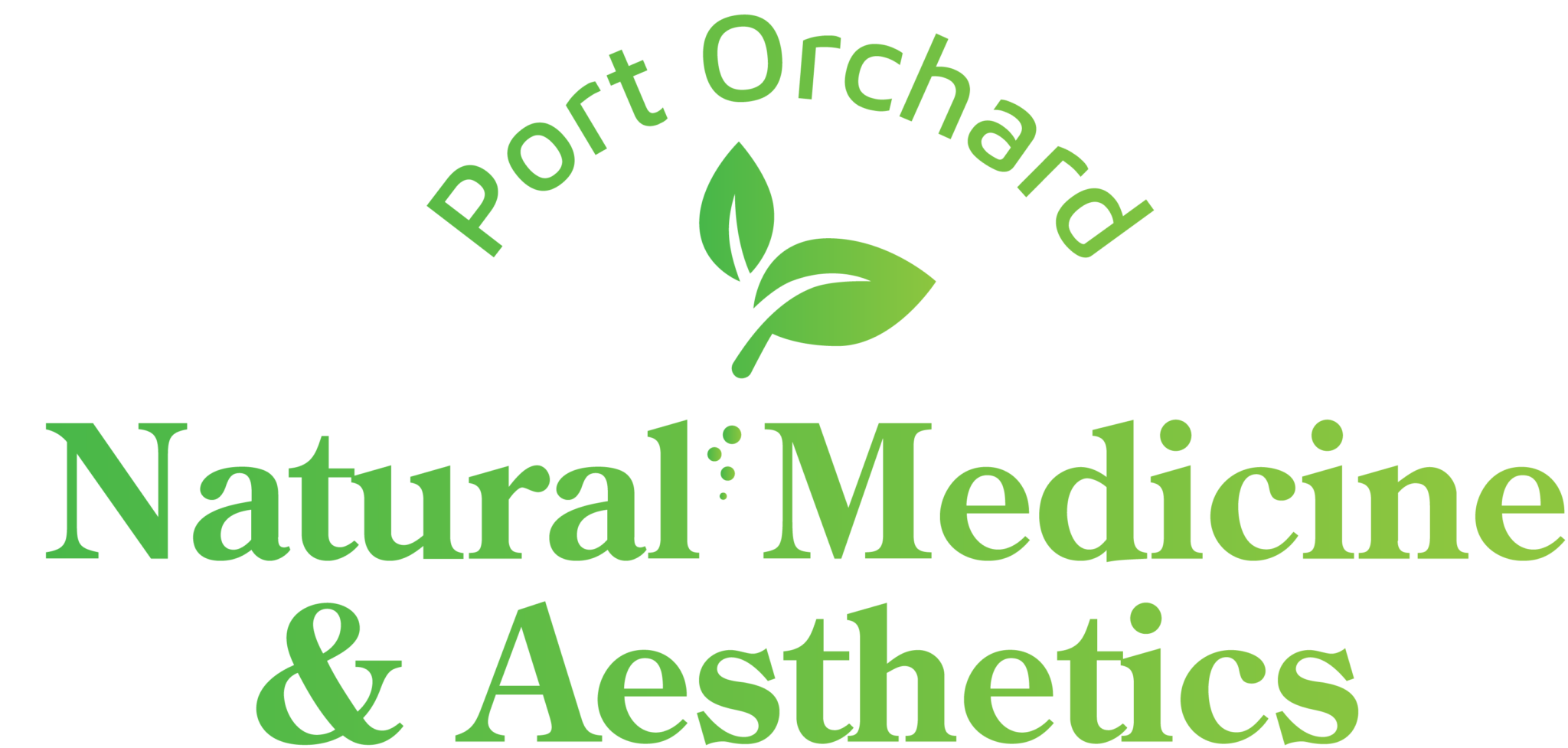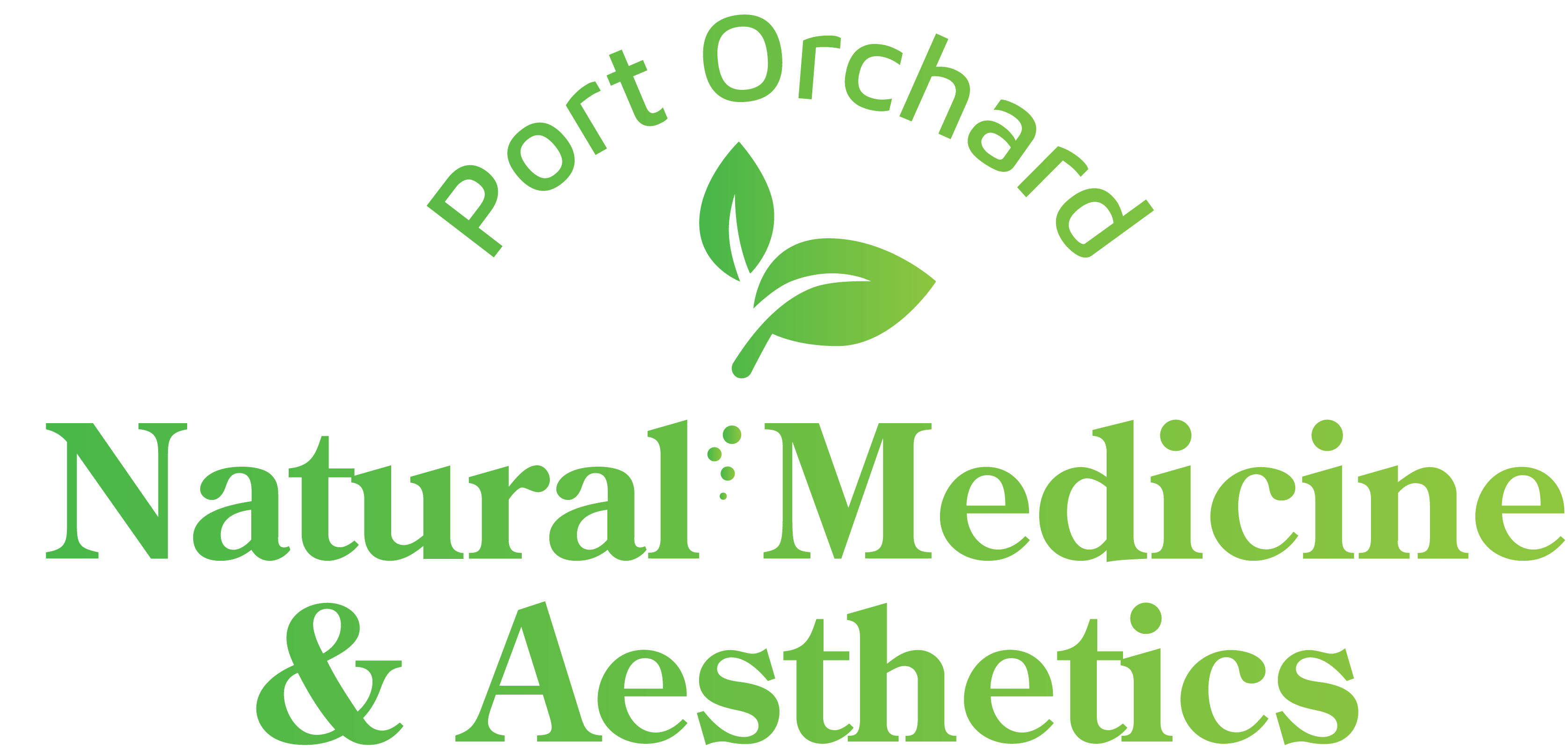Is Protein Good For Weight Loss
A high protein intake helps to boost one’s metabolism, reduces appetite, and changes multiple weight-regulating hormones. This important nutrient reduces the hunger hormone ghrelin levels while it boosts the appetite-reducing hormones GLP-1, peptide YY, and cholecystokinin.
As a result, this leads to an automatic reduction in calorie intake, which is helpful for those looking to lose weight. Knowing how much protein per day to lose weight is a key factor in weight loss when basing it on one’s protein intake.

How Does Protein Work in Losing Weight?
Does protein help you lose weight? When one replaces carbohydrates and fat with protein, one reduces the hunger hormone and boosts several satiety hormones. This leads to a major decrease in hunger and is the main reason protein helps individuals with weight loss.
A high protein intake tends to boost metabolism and makes one burn more calories around the clock, including during one’s sleep, as well as promote satiety, help maintain lean body mass, increase the thermic effect of food slightly, and reduce how efficient the body is at storing extra calories as body fat.
How Much Protein To Lose Weight?
How much protein per day to lose weight?
Healthy adults’ daily recommended protein intake is 10% to 35% of one’s total calorie intake. If one is looking to lose weight, aim for a daily protein intake between 1.6 and 2.2 grams of protein per kilogram of body weight. Athletes and those who partake in regular heavy exercise should consume 2.2-3.4 grams of protein per kilogram if aiming for weight loss.
If one carries a BMI of over 30 or a body fat percentage above 25-30%, it makes more sense to base one’s protein recommendations on their goal weight.

Can You Eat Too Much Protein to Lose Weight?
A protein-heavy diet comes with specific considerations. Some individuals should not increase their protein intake too much, such as someone with liver disease, kidney disease, or fairly advanced type 2 diabetes.
Animal protein sources, such as beef and pork, can come with saturated fat, and a high intake of saturated fat can increase one’s risk of heart disease.
The following symptoms are too much protein intake:
- Intestinal discomfort and indigestion
- Dehydration
- Unexplained exhaustion
- Nausea
- Irritability
- Headache
- Diarrhea
Overall, high protein diets have been linked to several health benefits and are popular for promoting weight loss and building muscle mass.
While some may be concerned that using high amounts of protein for weight loss can be harmful, research shows high protein diets are relatively safe and not linked to severe side effects in most healthy people.
Tips to Include Protein In your Daily Diet
The following tips can be used towards incorporating protein into one’s daily diet:
- When it comes to sitting down for a meal, eat protein first at meals as this will help to feel full and keep one’s blood sugar and insulin levels from rising too high.
- For a filling snack, choose cheese that is high in protein and calcium.
- Replace cereal with eggs, as this will boost protein consumption and help one eat fewer calories.
- Add almonds to meals as they are high in several nutrients and can boost the protein content of a meal or snack.
- Choose Greek yogurt, as it contains twice as much protein as traditional yogurt and can be eaten on its own or added to other foods.
- Have a protein shake for breakfast.
- Include high-protein food at each meal to feel full and maintain muscle mass. Examples of foods high in protein include meat, fish, poultry, eggs, legumes, and soy products like tofu or tempeh.
- Choose a leaner cut of meat and a slightly larger portion to increase protein intake.
- Add peanut butter to one’s diet as it can boost protein intake and helps decrease appetite, improve heart health, and lower blood sugar.
- Canned fish is a convenient source of high-quality protein and contains beneficial omega-3 fatty acids.
- Whole grains are highly nutritious and can increase the protein content of many dishes when used instead of refined grains, for example.
- Consume foods such as eggs, almonds, chicken breasts, cottage cheese, Greek yogurt, milk, lentils, lean beef, fish, quinoa, protein shakes, turkey breast, shellfish, and peanut butter.
Let’s Chat About Protein for Weight Loss
How much protein should one eat to lose weight? We can answer that question for you and so much more! Call us today at Port Orchard Natural Medicine & Aesthetics for a free quote, or contact us via our convenient online form, where our team is ready to inform you about the best protein for weight loss.


